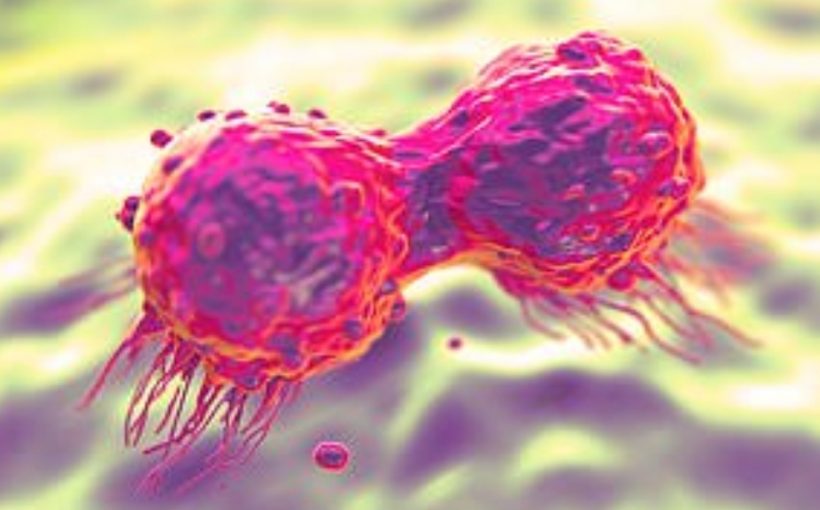Scientists have created the most comprehensive method yet to predict a woman’s risk of breast cancer, according to a study

stay healthy…

Scientists have created the most comprehensive method yet to predict a woman’s risk of breast cancer, according to a study

In a small L-shaped classroom with a piano tucked into the corner, on the fourth floor of the Curtis Institute of

Specks of calcium in the heart’s artery walls could be an important prognostic marker of early cardiovascular disease in South

Like cartographers completing a map, investigators have identified multiple new subtypes of the most common childhood cancer — research that

Neurons will be firing, fast and furious, when UC Santa Barbara brain scientists and scholars converge for the inaugural Kavli

New research suggests that the gut microbiome may help prevent the development of cow’s milk allergy. Scientists at the University

A robot created by Washington State University scientists could help elderly people with dementia and other limitations live independently in

The increase in opioid prescriptions for people over the past decade may have been paralleled by an increase in opioid

In adults, mesenchymal stems cells (MSCs) are primarily found in bone marrow and they play a vital role in repair

University of Toronto Engineering researchers have examined dust from homes in Fort McMurray, Alta., for evidence of harmful toxins left